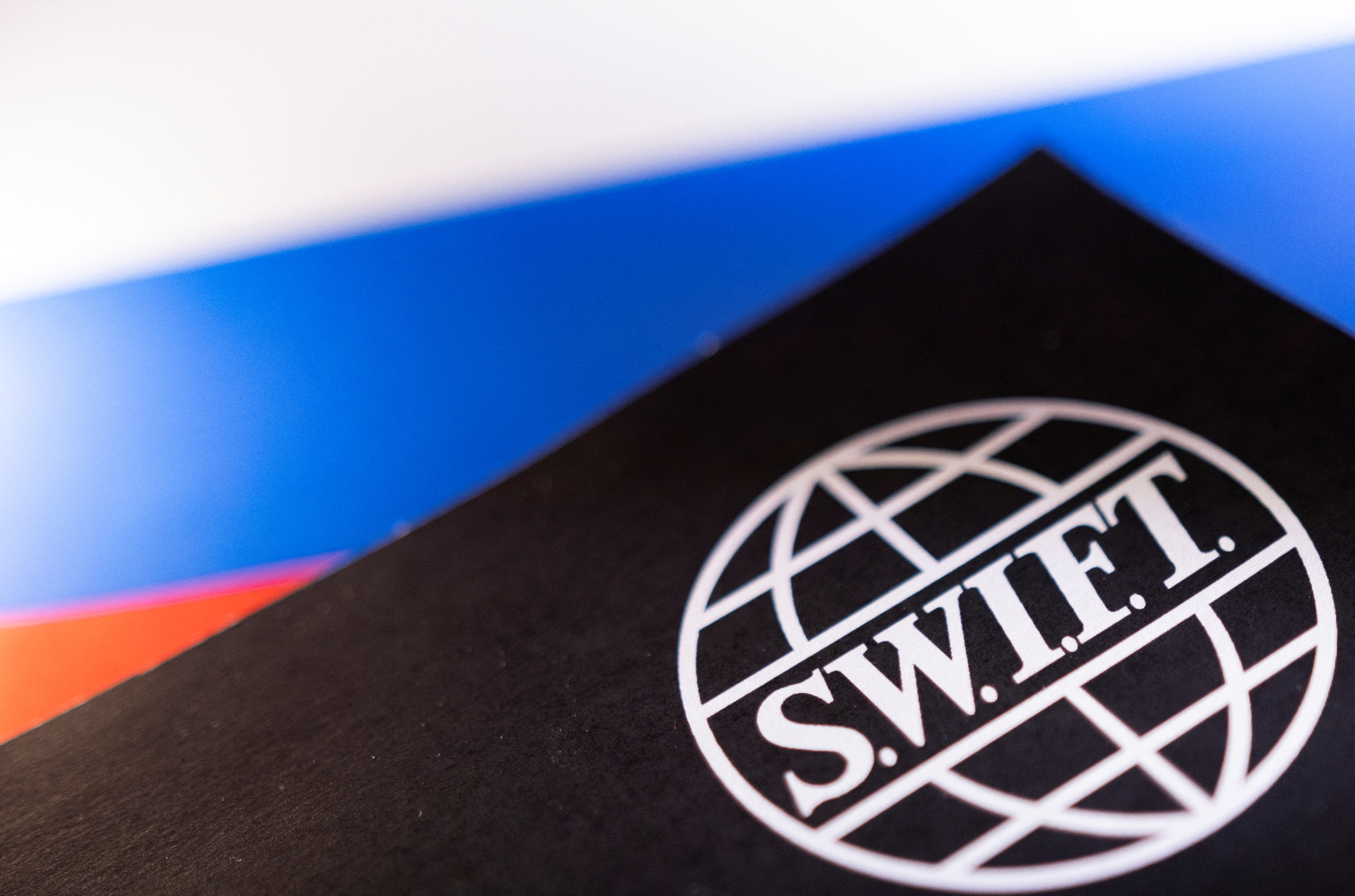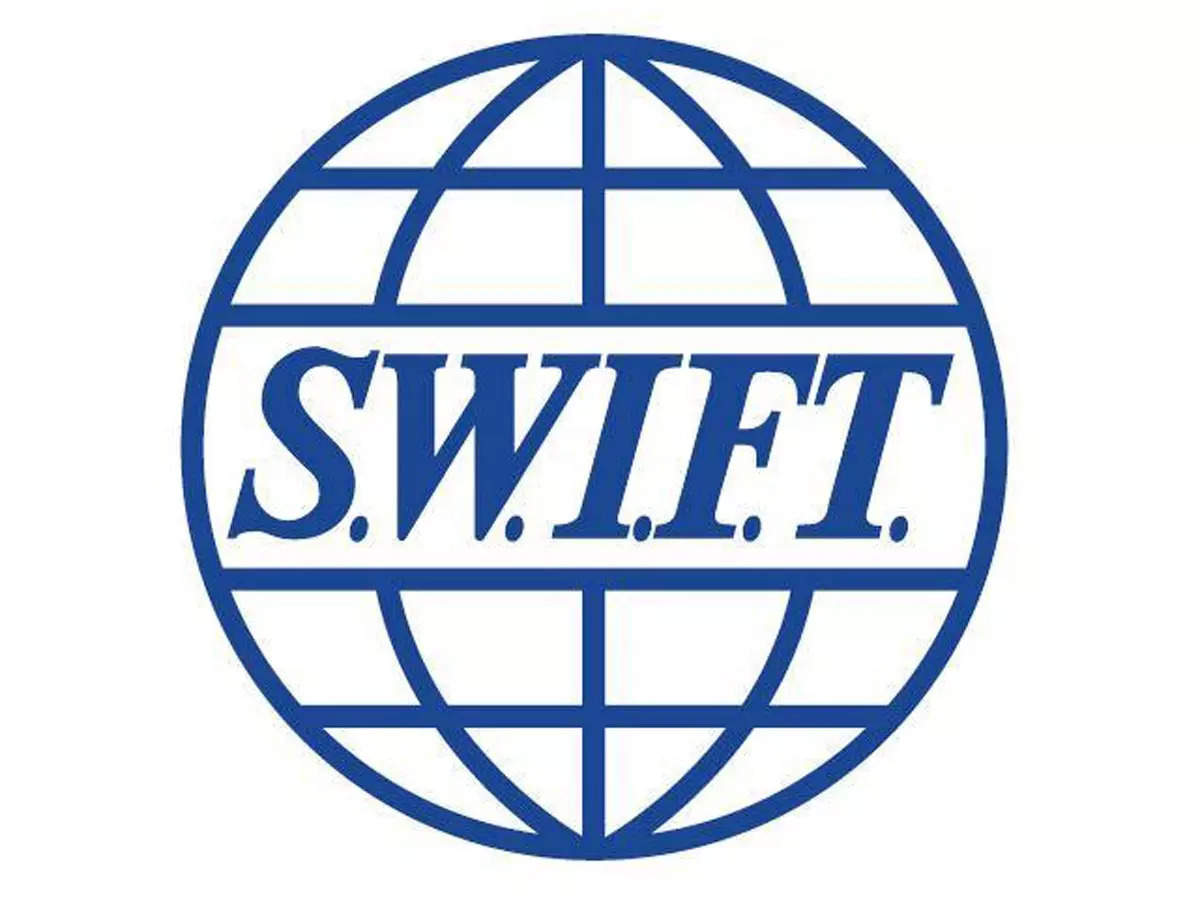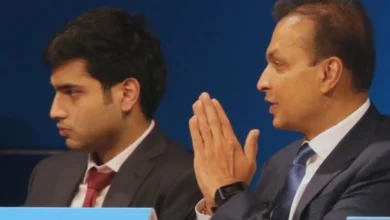India Adopts SWIFT System for Seamless Russia Trade Settlement: Revolutionizing Trade.
Despite the challenges posed by Western sanctions on many Russian banks, Indian firms have found a way to settle dollar payments with their Russian counterparts, thanks to their use of the SWIFT global payment system.

India Adopts SWIFT System for Seamless Russia Trade Settlement: Revolutionizing Trade.
In recent years, India has emerged as a significant player in the global trade market, with a growing number of businesses exporting goods and services to countries worldwide. Among these countries is Russia, which has long been a key trading partner for India.
Despite the challenges posed by Western sanctions on many Russian banks, Indian firms have found a way to settle dollar payments with their Russian counterparts, thanks to their use of the SWIFT global payment system.
Soon after Putin invaded Ukraine in February of last year to target Russian trade, the West banned access to SWIFT for numerous Russian banks, including Sberbank and VTB, making it more difficult for Russian businesses to conduct business. SWIFT supports global financial transactions.

When asked about the payment gateway that is being used for Russian payments, the official who did not wish to be named responded, “We are utilising SWIFT for dollar payments.”
The official withheld more information regarding the banks that Indian businessmen were utilising to transfer dollars. An email requesting comment was not immediately answered by India’s trade and finance ministry.
What is SWIFT?
For those unfamiliar with SWIFT, it is a messaging network that facilitates global financial transactions. It is used by banks, corporations, and other financial institutions to securely transfer money across borders, with more than 11,000 financial institutions in over 200 countries relying on the network to move trillions of dollars every day.
SWIFT has become a vital tool for global trade, enabling businesses to settle payments quickly and easily and helping to reduce the risk of fraud and other financial crimes. However, in recent years, the system has become a subject of controversy due to its use by countries facing sanctions.
SWIFT Payment System

A part of the financial sanctions put in place by Western nations against Russia is the removal of several Russian banks from the SWIFT payment system, which enables quick and easy international money transactions.
Russian banks won’t be able to connect with their international counterparts as easily without access to SWIFT, which will impede commerce and increase transaction costs.
According to a US White House official, one of the banks shut off from SWIFT will probably need to utilise a phone or fax machine to make a payment with a bank outside of Russia. It will be more difficult for Russian businesses and individuals to borrow money from foreign institutions or invest abroad.
Let’s find out more about SWIFT and what it does.
The world’s top secure financial messaging services supplier is SWIFT or the Society for Worldwide Interbank Financial Telecommunication. Trillions of dollars in cross-border payments are made possible by it between 11,000 financial institutions in more than 200 nations. Each participant has a unique SWIFT code. Using the SWIFT platform, more than 40 million financial messages are safely exchanged each day.
In 1973, 239 banks from 15 different countries created SWIFT, a global member-owned cooperative with its headquarters in Belgium. In 1977, it launched its messaging services, displacing the Telex technology that banks had been using to convey orders on international transfers at the time.
Several significant message standards are upheld by the SWIFT Standards group. By ensuring that information transferred between institutions is clear and machine-friendly through the use of standard messages and reference data, automation, cost savings, and risk reduction are made possible.
SWIFT enables connections between banks, custodians, investment firms, central banks, market infrastructures, and corporate clients to exchange structured electronic messages for standard business procedures, including processing payments and settling transactions.
Under Belgian law, SWIFT is a cooperative society that is owned and run by its shareholders, who collectively represent about 3,500 financial institutions worldwide. A board of 25 independent directors, who represent banks from all around the world, is chosen by the shareholders. This board sets the company’s policies and controls its management.
Western Sanctions on Russian Banks
The West imposed sanctions on several Russian banks, including Sberbank and VTB, following Moscow’s invasion of Ukraine in February 2014. These sanctions restricted access to SWIFT for these banks, making it more difficult for Russian companies to conduct business with foreign counterparts.
The move was intended to put pressure on Russia to change its behaviour, but it also had unintended consequences for companies outside Russia that were doing business with Russian firms. Many Indian companies, for example, found themselves unable to use the SWIFT system to settle payments with their Russian partners, leaving them struggling to find alternative payment methods.
According to figures given by the government on Wednesday, India’s imports from Russia surged by over five times between April 2022 and February 2023, rising to $41.56 billion from $8.54 billion during the same period the previous year.
A record 1.4 million barrels per day (bpd) of Russian oil was imported by India in January, according to sources, a 9.2% rise from the previous month. Moscow continued to be New Delhi’s top monthly oil supplier, followed by Iraq and Saudi Arabia.
Since the conflict in February of last year, India has settled trade with Russia using a variety of currencies. Directorate General of Foreign Trade spokesperson Santosh Kumar Sarangi told reporters that payments are made in a variety of currencies, including dollars, euros, and dirhams.
According to Sources, Indian refiners used United Arab Emirates dirhams rather than US dollars to pay for the majority of the Russian oil they obtained through traders located in Dubai.
Indian Firms Adapt to the Situation
Despite these challenges, Indian firms have found ways to continue doing business with Russia. According to a recent report, Indian companies are using the SWIFT system to settle dollar payments with their Russian counterparts, even if a lot of Russian banks have their connections to the network barred by Western sanctions.
The report suggests that Indian companies are using intermediary banks in third countries, such as China and the UAE, to facilitate the transfer of funds between India and Russia. This workaround has allowed Indian firms to maintain their business relationships with Russian partners, despite the challenges posed by the sanctions.
Implications for Global Trade
The use of the SWIFT system by Indian firms to settle payments with Russian partners highlights the importance of financial intermediaries in the global trade ecosystem. It also emphasises how important it is for companies to be flexible and adaptable in the face of shifting geopolitical conditions.
As the world becomes more interconnected, the importance of global trade is only going to grow. However, this also means that businesses will need to navigate an increasingly complex web of regulations, sanctions, and other challenges that can arise when doing business across borders.
The ability of Indian firms to adapt to the challenges posed by Western sanctions on Russian banks demonstrates the resilience and creativity of the global business community. It also suggests that there are always ways to find solutions to complex problems, even in the most challenging circumstances.
Conclusion
The use of the SWIFT system by Indian firms to settle payments with their Russian partners is a testament to the importance of global trade and the resilience of the business community.
Despite the challenges posed by Western sanctions on Russian banks, Indian companies have found a way to maintain their business relationships with Russian partners, highlighting the importance of financial intermediaries and the need for businesses to be adaptable in the face of changing circumstances.
There will probably be more instances of businesses coming up with novel solutions to difficult issues as the world gets more interconnected, promoting international trade and economic expansion in the process.




